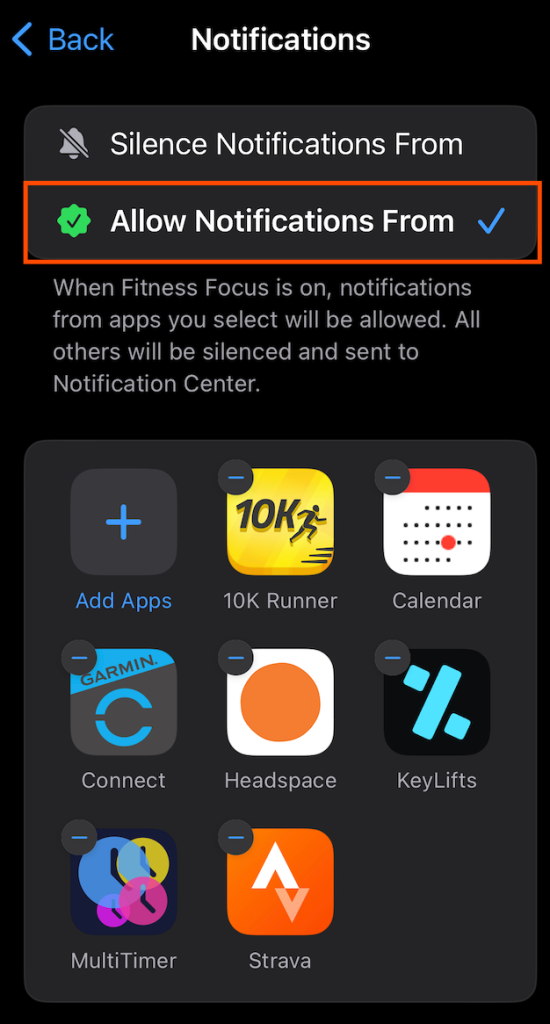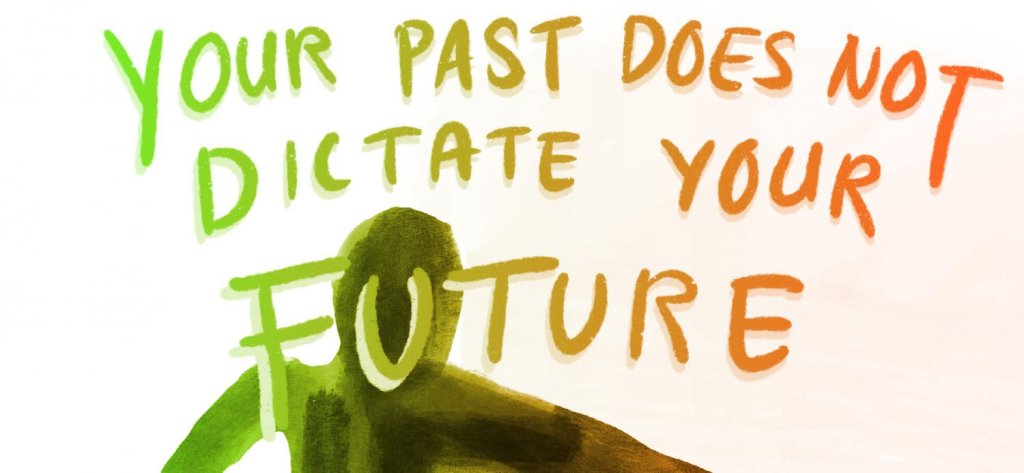Your ability to be smart during the final few minutes of your workday will lay the groundwork for a far more productive morning, and you will most likely be able to reap the benefits of this strategy throughout the entirety of the following day. If you find that writing to-do lists provides you with a reasonable amount of value, then adding the following items to your list of things to avoid doing can provide you with enormous returns in terms of productivity, improved relationships, and overall well-being:
Every day, promise yourself you won’t!
Wait until you’re sure you will succeed.

More than setting goals, success requires continuous work to avoid pitfalls.Unique high achievers enjoy unusual hobbies.Extreme sports, humanitarian work, and intellectual retreats help these people live holistically. Their diverse efforts show their dedication to progress and breaking established success norms.not to make common mistakes that hinder advancement. They promise to prevent procrastination, self-doubt, and comfort zones.
This quiet daily vow pledges their aspirations and endurance. Attention, prioritization, and resilience are needed. By making this daily pledge, successful people create habits that bring them forward.”While success is uncertain, a commitment to give your best is always assured.
If you fail, you’ll try again.
Stop waiting. There is more to gain and less to lose than you believe.
Multitask during a meeting.

Observation frequently leads to genius. Being the smartest person in the room requires awareness, not brilliance. Effective people recognize that true intellect comes from learning, not just knowing.
A person can get useful insights and a deep knowledge of multiple viewpoints by paying close attention to the room—the people, dynamics, and underlying nuances. Intellectual prominence comes from attentive listening, knowledge absorption, and adaptation.
The smartest people in any space listen, learn, and apply their expertise. With real inquiry and attentive participation, becoming the most insightful presence in the room becomes a natural result.”Being the brightest person in the room is as simple as being present and paying close attention.
Stop multitasking and pay attention; you’ll be surprised by what you may learn about the meeting topic and the individuals there. You will uncover hidden agendas, identify bridge-building possibilities, and become valuable to key stakeholders.
Being the only one trying makes it easier. Only you will triumph on several levels.
Check your phone while you’re talking to someone.

Congratulations! You’ve done the phone dance, the pretended astonishment at a fake call, and the subtle downward gaze that’s not. We’re all good at pretending our phones need attention and interrupting conversations with, “Is that your phone?” It must be mine.”
What if you could stand out, especially as a leader? How about becoming the person everyone loves because you make them feel like the most important person in the world?
The trick is to stop checking your phone. Your phone ignores your inattention, but people? They notice. Their concern is real. Want to leave a legacy as a leader or be the person others love talking to? First, avoid looking at your phone during a discussion.
In a world of digital distractions, being present, focused, and listening are rare. Stop checking your phone and focus on the person in front of you to show you care. In a world where everyone wants attention, listening is a superpower that sets you apart and builds genuine relationships. Put down the phone, interact, and see how your presence starts to be valued.
Think about people who don’t make any difference in your life.
Consider ending your day with introspection. In a world full of information and distractions, you must choose where to focus. Like “Planet Kardashian,” celebrities are likely untouched by your regular encounters. Your attention may not change their life, and they may not even notice your virtual absence.
However, the cornerstones of your life deserve your attention in your huge personal universe. Your family, friends, and coworkers aren’t just bystanders. They are a part of your journey and have an impact on your decisions.
Successful people know that true importance comes from meaningful relationships. At the end of the day, we can ignore the digital noise and focus on our support system. By focusing on others whose lives intersect with ours, we strengthen the relationships that enrich our lives. This conscious prioritizing boosts our own happiness and improves the lives of people who need our time and attention.
But your family, your friends, and your employees—all the people that really matter to you—are not. Give them your time and attention.
They are the ones who deserve it.
Let yourself be distracted by notifications

Instant notifications can distract us and reduce productivity in today’s connected world. Successful people know that alerts may distract them and lower their productivity.
Those who prioritize work by importance disprove the need for quick updates on emails, messages, tweets, and other digital interruptions. The most critical tasks require complete concentration, and achievement typically comes from immersion.
Instead of constantly monitoring messages, a self-imposed timetable corresponds with personal objectives. Emerging at will to evaluate incoming information is an intentional choice. This strategic approach protects the work’s integrity and stresses that the task is what matters.
Disciplined attention and a commitment to prioritizing one’s objective above digital distractions are key components of success in this situation. Successful people protect their time by realizing that others’ needs can wait and focusing on their long-term goals.
Let your past dictate your future.

The phrase “let your past dictate your future” warns against being bound by one’s faults. Successful people approach this from a different perspective. They see mistakes as learning opportunities that help them grow personally and professionally.
Success in this mentality shift requires learning from mistakes and letting them go. The accomplished use the past as a training ground, not a definition. They deliberately exploit setbacks as chances for introspection, turning mistakes into important discoveries, especially about themselves.
When others suffer, the really successful are gracious. Instead of concentrating on others’ mistakes, they provide grace, forgiveness, and understanding. Empathizing improves their interpersonal skills and promotes the idea that success requires teamwork.
Successful people don’t let their previous mistakes cloud their future. They deliberately break away from regret, using each day to learn, adapt, and redefine their success.
Talk behind someone’s back.
Successful people avoid gossiping. They think gossip wastes time and erodes trust and relationships. Successful people prioritize direct communication over guesswork and rumor.
To resolve difficulties with someone’s conduct or behavior, confront them. They prefer constructive interactions that lead to solutions over idle gossip. It’s better to talk to someone directly and honestly about their behavior after discussing it with others.
This method addresses difficulties faster and promotes openness and responsibility. Open communication is essential to strong personal and professional relationships, according to successful people. Instead of gossip, they focus on direct, productive discussion to save time, develop trust, and strengthen relationships.
Say “yes” when you really mean “no.”

Success comes from saying “no” when necessary, even in tough situations. When dealing with coworkers, clients, or friends, refusing is crucial. Deciding what not to do might be difficult, but successful individuals know that it frequently determines their success.
Success is measured not only by work but also by purposeful and deliberate abstinence. “No” helps prioritize tasks that support long-term goals. Understanding that most people value honesty and clarity about capacity dispels the myth that saying “no” would have negative effects.
Successful people know that saying “no” is safer than agreeing to assignments against one’s better judgment. Their time and mental health are protected by rejecting what doesn’t fit their goals. The strategic use of “no” helps people manage their obligations, boost productivity, and find meaning.
In Conclusion!
Successful people avoid several dangers in the evening that might undermine their productivity, well-being, and relationships. Because important accomplishments require undistracted focus, they defy alerts. They learn from past errors and use them to improve themselves and their careers. Open communication is the foundation of trust and teamwork; hence, successful people don’t gossip. They master saying “no,” knowing that success frequently depends on knowing what not to do. They save time, mental health, and productivity by rejecting assignments that don’t fit their goals.
They conclude the day by strategically reflecting on how they’ve overcome obstacles, communicated effectively, and maintained focus. It’s intentionally embracing what matters, committing to constant learning, and choosing to define success by the actions not taken. Successful people use this purposeful approach to create productive days and a meaningful existence.
